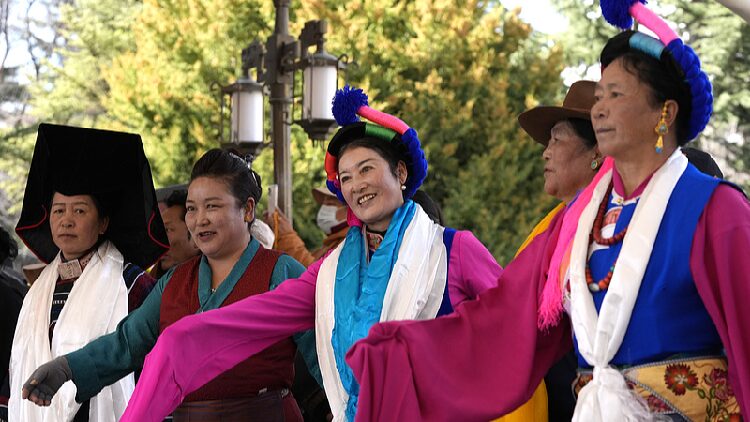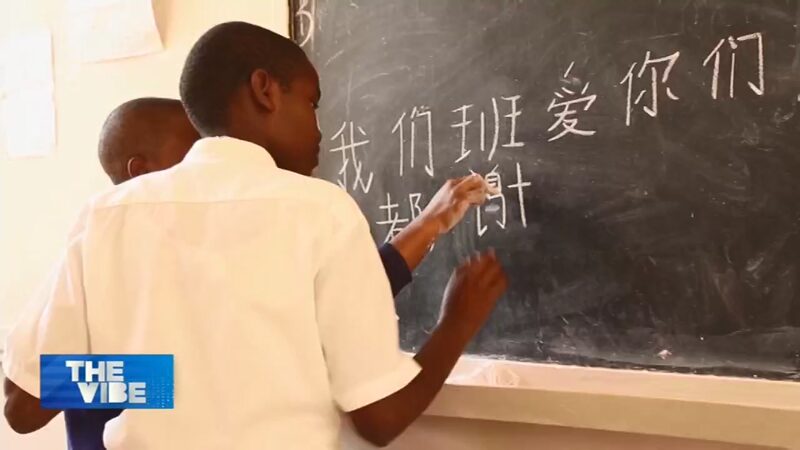Ever wondered what education is like in China? People from around the world are curious about the country’s schooling system, and we’re here to shed some light on it. From the costs of education to the languages spoken in classrooms, let’s dive into the key aspects of China’s education system.
Is Education Expensive in China?
In China, public education is compulsory and generally free for the first nine years, covering primary and junior secondary school. Families may need to pay for uniforms, textbooks, and meals, but tuition fees are typically waived during this period. For senior secondary school and higher education, costs can vary. Public universities are relatively affordable compared to Western countries, but private and international schools may charge higher fees.
At What Age Do Children Start School?
Chinese children usually start primary school at the age of six or seven. The education system is structured as 6-3-3, which means six years of primary school, three years of junior secondary school, and three years of senior secondary school. Many children also attend kindergarten or preschool before starting primary education, but this is not compulsory.
Is There a Common Language in Schools?
Mandarin Chinese is the official language of instruction in schools across China. While there are many dialects spoken in different regions, Mandarin serves as a unifying language in the education system. This helps students from various linguistic backgrounds to communicate and learn effectively. However, in some areas, local languages and dialects may also be taught or used in addition to Mandarin.
What Is the Homework Culture Like?
Homework is an integral part of education in China. Students often have a significant amount of assignments to complete after school, especially as they prepare for important exams like the Gaokao, China’s national college entrance examination. The emphasis on homework is part of a broader culture that values hard work and academic achievement. However, there has been growing discussion about balancing workload and student well-being.
A Glimpse into School Life
Chinese schools typically have a structured schedule, with students attending classes from early morning until late afternoon. Extracurricular activities, such as sports, music, and art, are also part of the school experience. Education is highly valued in Chinese society, and there is a strong focus on subjects like math, science, and literature.
Understanding China’s education system offers valuable insights into the country’s culture and values. As the world becomes more interconnected, learning about different educational practices helps foster global awareness and appreciation.
Reference(s):
Ask China: What are education and school culture like in China?
cgtn.com








